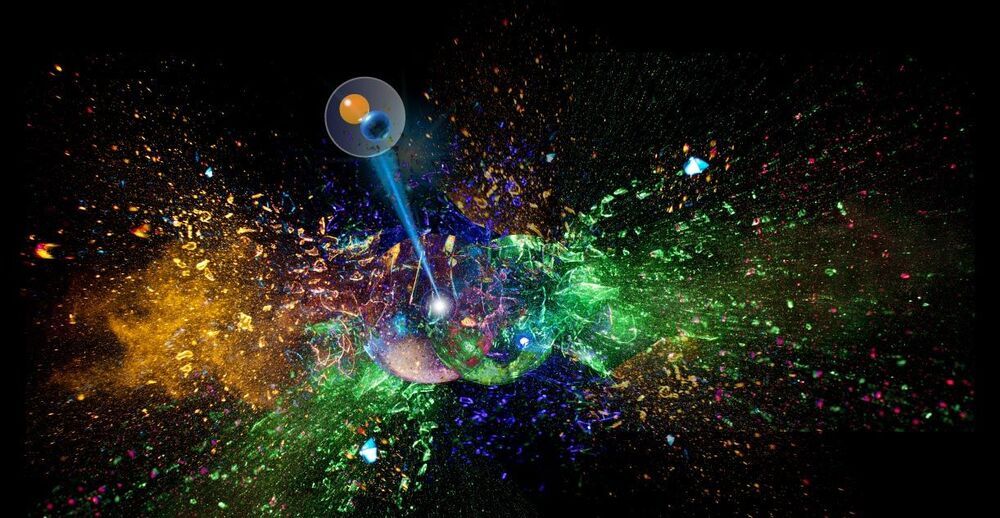An international research team led by Michigan State University has helped create cosmic conditions at RIKEN’s heavy-ion accelerator in Japan.
Imagine taking all of the water in Lake Michigan — more than a quadrillion gallons — and squeezing it into a 4-gallon bucket, the kind you’d find at a hardware store.
A quick review of the numbers suggests that this should be impossible: that’s too much stuff and not enough space. But this outlandish density is a defining feature of celestial objects known as neutron stars. These stars are only about 15 miles across, yet they hold more mass than our sun thanks to some extreme physics.
